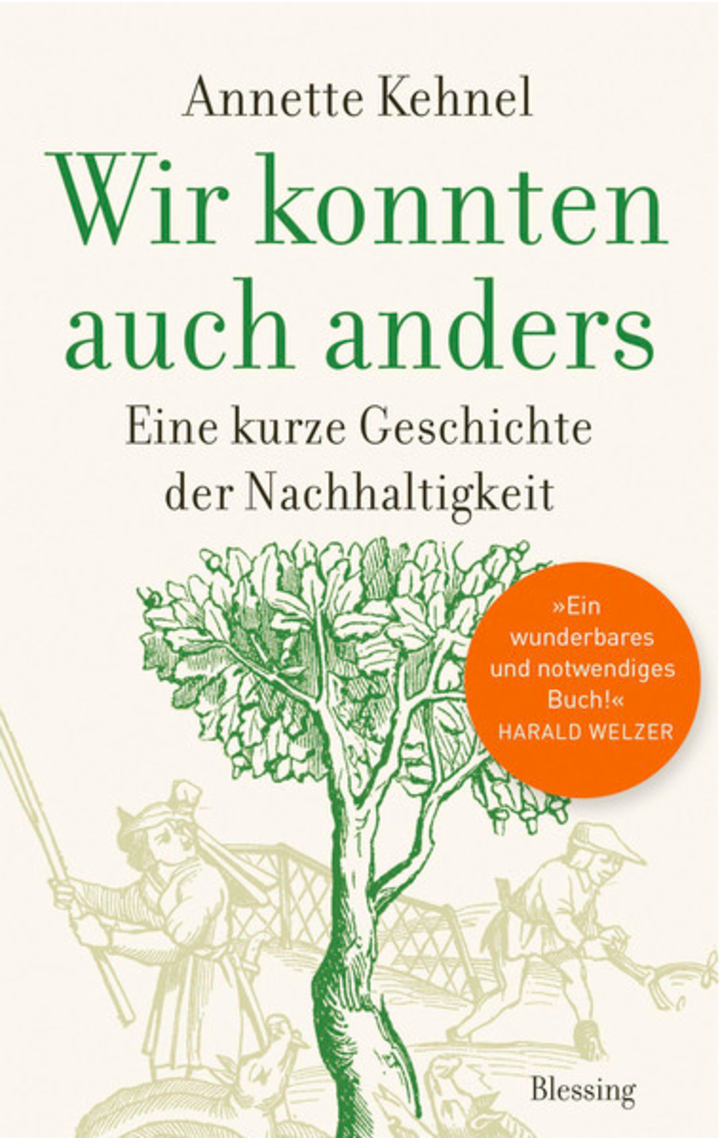History that makes you want to change

The current challenges – limited resources, the end of the consumer society, growing inequality – are pressing. The longing for alternatives is great, but we struggle to find new ways. All we have to do is go further back in history to find inspiration for our future. The historian Annette Kehnel undertakes a search for traces of pre-modern times. She vividly describes ways of life and economic forms of sustainability that have been completely forgotten: Villages that founded forest cooperatives, women's WGs in Flemish towns, sharing economy in monasteries, Renaissance architects recycling building materials, city councils that founded microcredit banks, the thriving second-hand shops in Parisian markets or crowdfunding for the bridge in Avignon. There are – besides many negative experiences from the past – also best-practice examples: we were able to do things differently before. Looking at history opens up new spaces for thinking, encourages alternatives, and offers suggestions for a future beyond the pursuit of profit and self-interest.